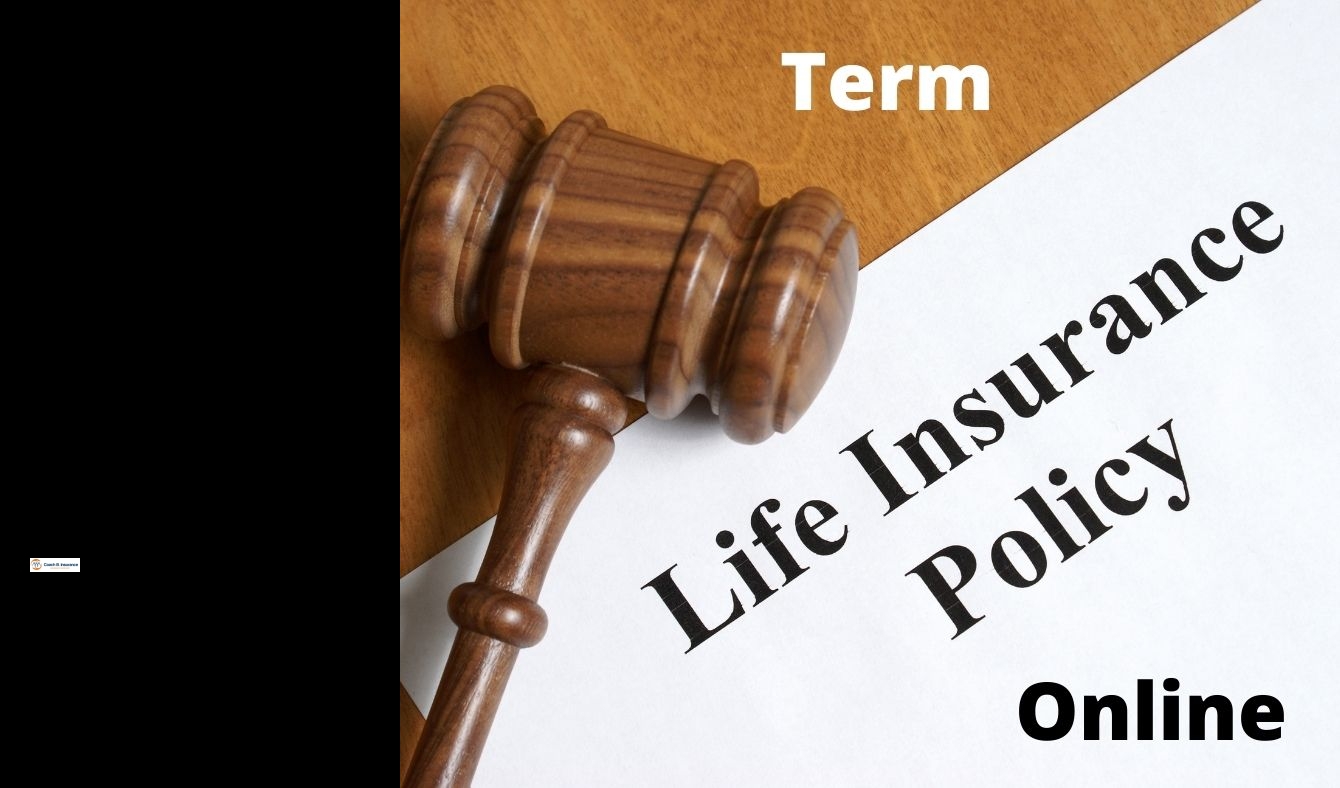renewable term life insurance
Some term policies may also be converted to permanent life insurance policies without the need for a medical exam. This includes whole or universal life insurance. Permanent life policies can be more costly once converted.



